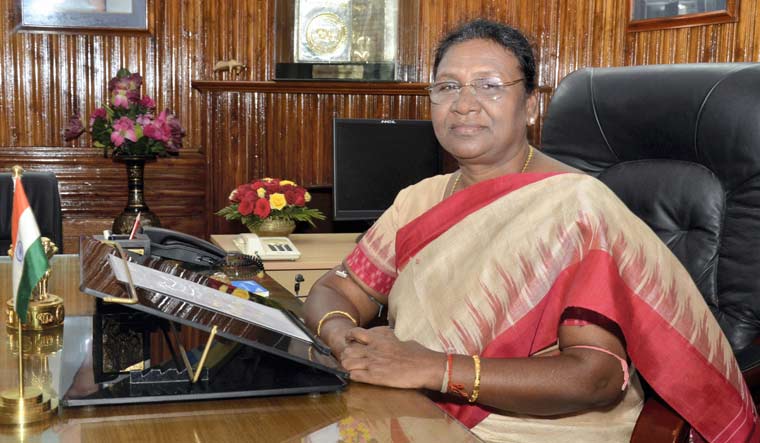
New Delhi, 25 Dec : In a momentous development, President Droupadi Murmu granted approval on Monday to three groundbreaking criminal justice bills that had received parliamentary approval during the previous week’s winter session.
These bills are slated to replace the longstanding Indian Penal Code (IPC), the Code of Criminal Procedure (CrPC), and the Indian Evidence Act, all of which originated during the era of British colonial rule.
The trio of bills, namely the Bharatiya Nyaya (Second) Sanhita, 2023; the Bharatiya Nagarik Suraksha (Second) Sanhita, 2023; and the Bharatiya Sakshya (Second) Bill, 2023, aspire to modernize the criminal justice system, rendering it more efficient, humane, and attuned to the needs and aspirations of citizens.
The Bharatiya Nyaya Sanhita will consist of 358 sections, a reduction from the 511 sections in the IPC. It will introduce 20 new criminal offenses, heighten the imprisonment sentences for 33 crimes, increase fines for 83 offenses, and mandate minimum penalties for 23 crimes. Additionally, it will incorporate community service as a penalty for six offenses and abolish or modify 19 sections.
The Bharatiya Nagarik Suraksha Sanhita, comprising 484 sections compared to the CrPC’s 484 sections, aims to streamline procedures related to investigation, trial, bail, appeal, and revision. It also emphasizes safeguarding the rights of the accused, victims, and witnesses, empowering law enforcement and the judiciary to address emerging challenges such as cybercrime, terrorism, and organized crime.
The Bharatiya Sakshya Bill, encompassing 167 sections in contrast to the Evidence Act’s 167 sections, seeks to update the rules of evidence to imbue them with greater scientific, rational, and reliable attributes. It will integrate the latest advancements in forensic science, digital technology, and DNA testing, ultimately augmenting the admissibility and credibility of electronic evidence, confessions, dying declarations, and expert opinions.
Despite receiving support from various regional parties like YSRCP, BJD, TDP, AIADMK, TMC (M), and UPP (L), the three bills encountered significant opposition. Most notably, parties such as the Congress, DMK, RJD, SP, BSP, and the Left boycotted the debate and voting, contending that the bills were draconian, unconstitutional, and detrimental to the interests of the people.
Home Minister Amit Shah lauded the bills’ passage as the “beginning of a new era,” asserting that they aimed to ensure time-bound justice delivery to Indians while safeguarding their human rights. He highlighted that the bills were meticulously drafted after extensive consultations with legal experts, civil society groups, state governments, and political parties.
Set to take effect on April 1, 2024, the new criminal justice bills will be implemented once the requisite rules and regulations are formulated and notified by both the central and state governments. The government has further reassured that existing cases will remain unaffected by the legislative changes, continuing to be governed by the pre-existing laws.




